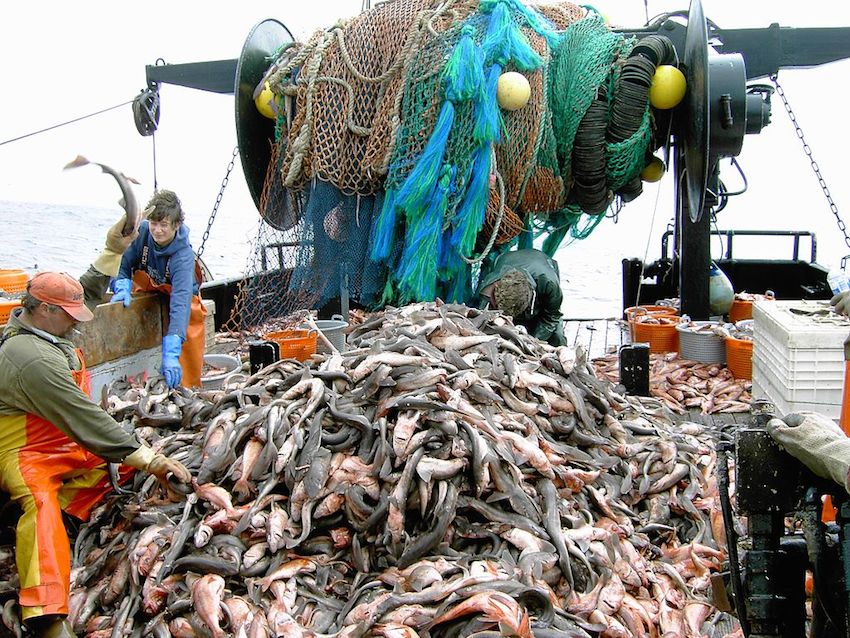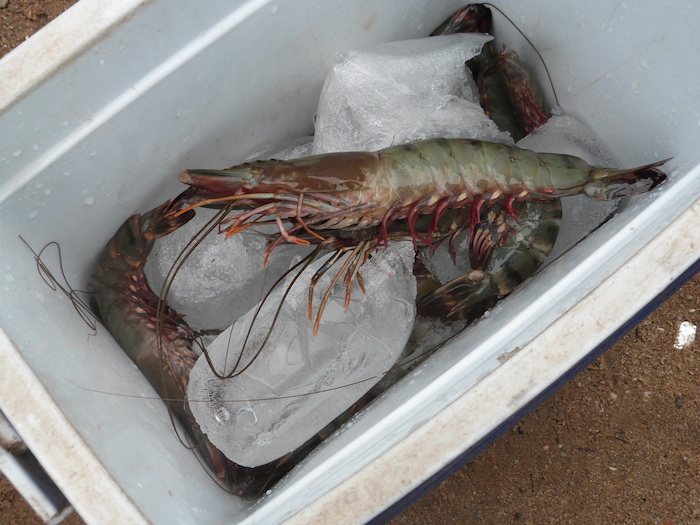
The Republic of the Congo and the United Nations International Fund for Agricultural Development (IFAD) today signed a US$17.56 million agreement to finance an inland fisheries and aquaculture project (PD-PAC) in the northern departments of Cuvette, Cuvette-Ouest, Sangha and Plateaux.
The funding includes a $7.7 million IFAD loan, a $ 0.5 million IFAD grant, a contribution of $3.17 million from the government of the Congo and $2.5 million from the project’s beneficiaries.
The Government of Congo is working with the OPEC Fund for International Development and the Food and Agriculture Organisation of the United Nations to fill the co-financing gap.
The agreement was signed in Rome by Mamadou Kamara Dekamo, Ambassador of the Republic of the Congo to Italy and by Kanayo F. Nwanze, President of IFAD.
In the Republic of the Congo, fish consumption is among the highest in the world and fishing resources are an important asset for the country. The domestic production of fish however is not sufficient to meet the country’s demand. As a result, over 40,000 tonnes of fish are imported every year.
Working with small-scale fishers and fish-farmer households, the new project aims to reduce poverty in the project areas by promoting sustainable development and improving management of inland fisheries, as well as promoting fishing and aquaculture techniques, fish processing and providing access to markets.
More specifically, the project will sustainably increase catches while taking measures to ensure preservation of the natural resource base. Fish processing will be improved by introducing new technologies such as improved ovens for drying and smoking.
Fishers and their organizations will be trained to use these new technologies. Market-related infrastructure will also be improved. Fish farmers will gain easier access to proper ponds, high quality fingerlings and nutritious fish meal.
Implementation of the project will begin with a pilot phase, and once the results have been proven, the activities will be scaled up within the geographic area covered by the project.
Adriane Del Torto, IFAD Programme Analyst explained, “One of the IFAD main objectives in designing this project is to raise the incomes of the smallholder fish farmers by putting in place sustainable fisheries management resulting in more productive fishing and improvements in product processing and marketing.”
Del Torto added, “Better processing and marketing will ensure better distribution of fish in the whole country and better nutrition, as fish is an excellent source of protein.”
Some 5,600 vulnerable households, including those headed by women and young people, will benefit from this project. The project will be implemented by the Congolese Ministry of Fisheries and Aquaculture.
Since 1983, IFAD has invested a total of $63.7 million in eight programmes and projects in Congo. This has generated a total investment of $116.5 million, benefiting 118,173 households.










